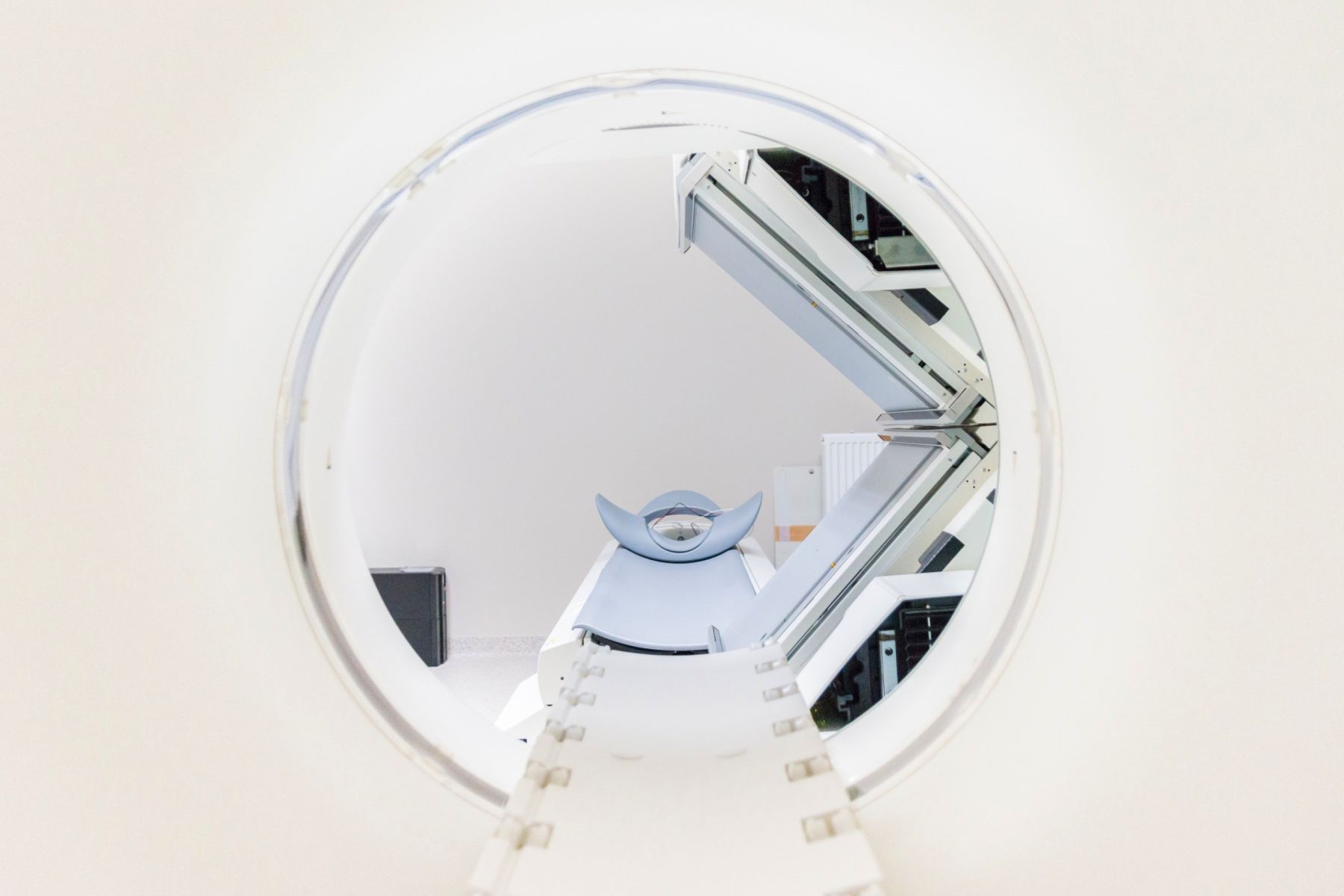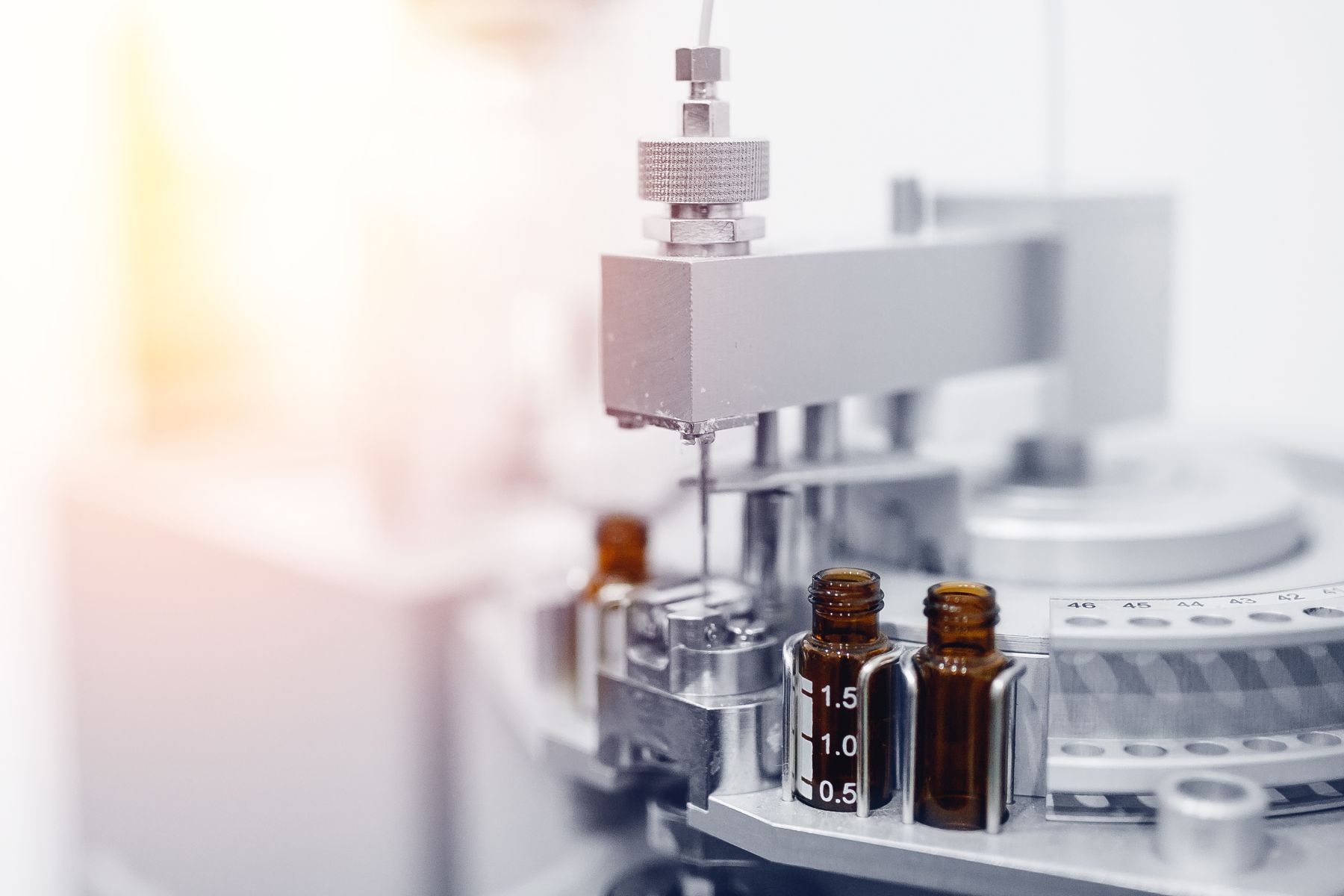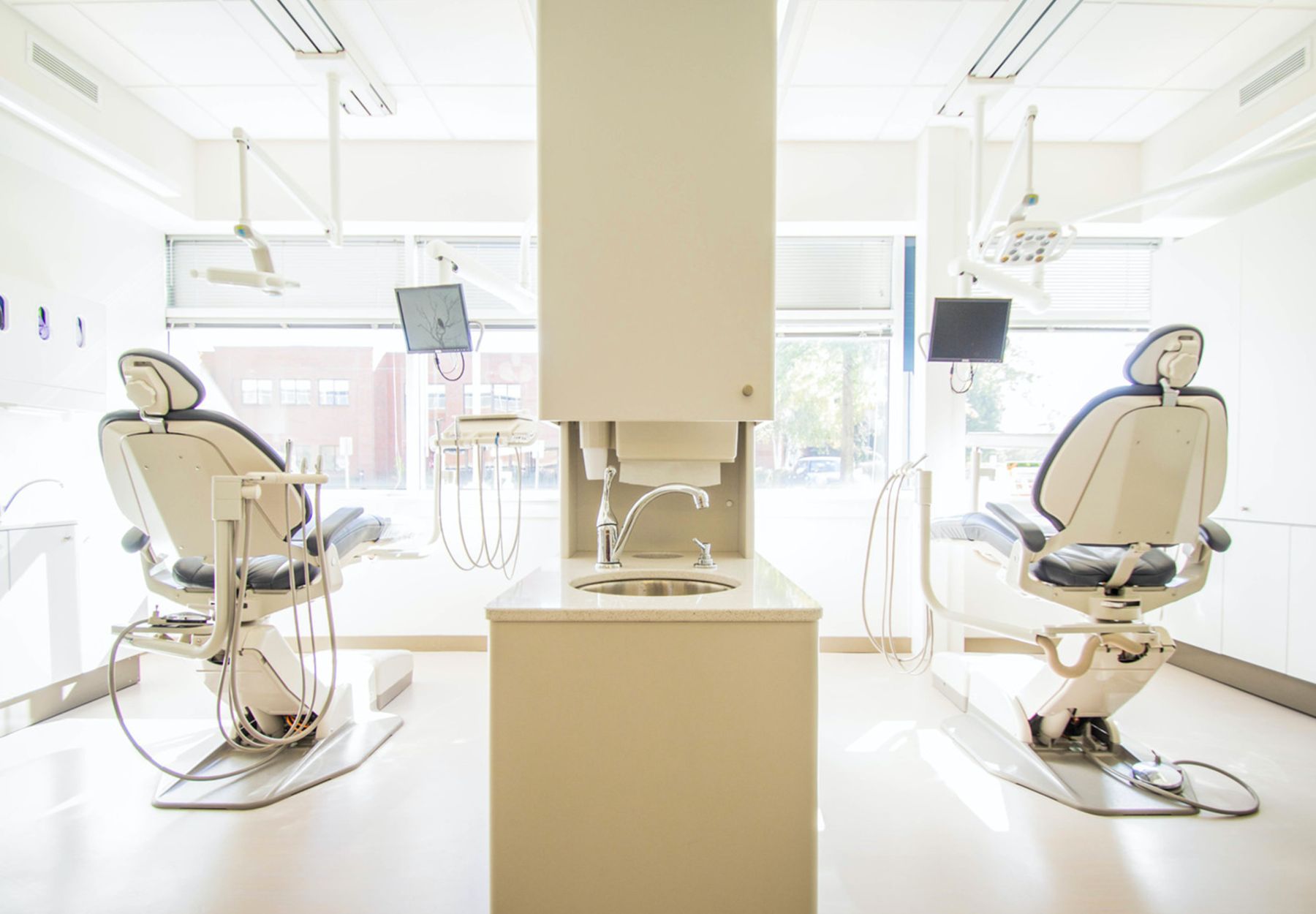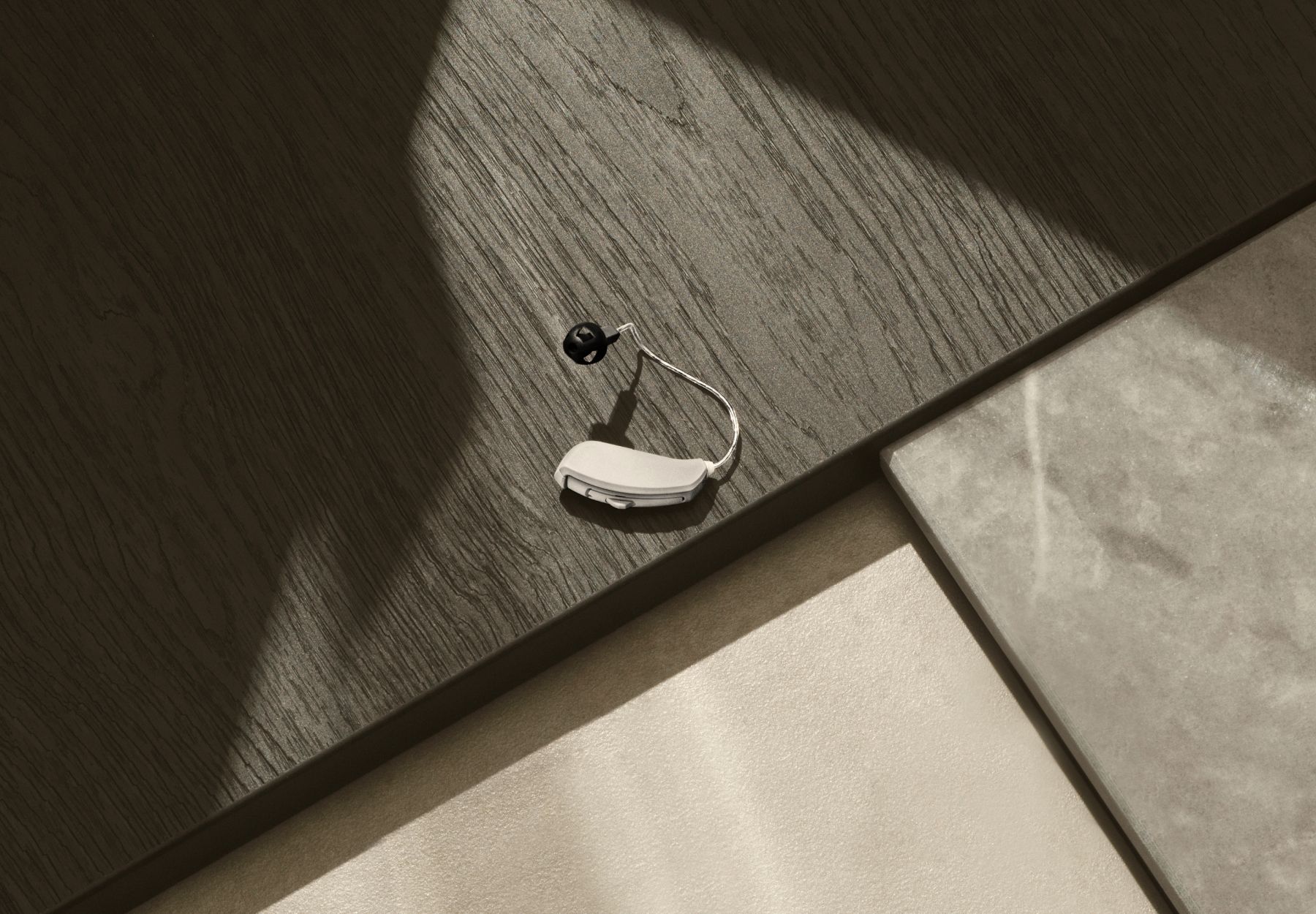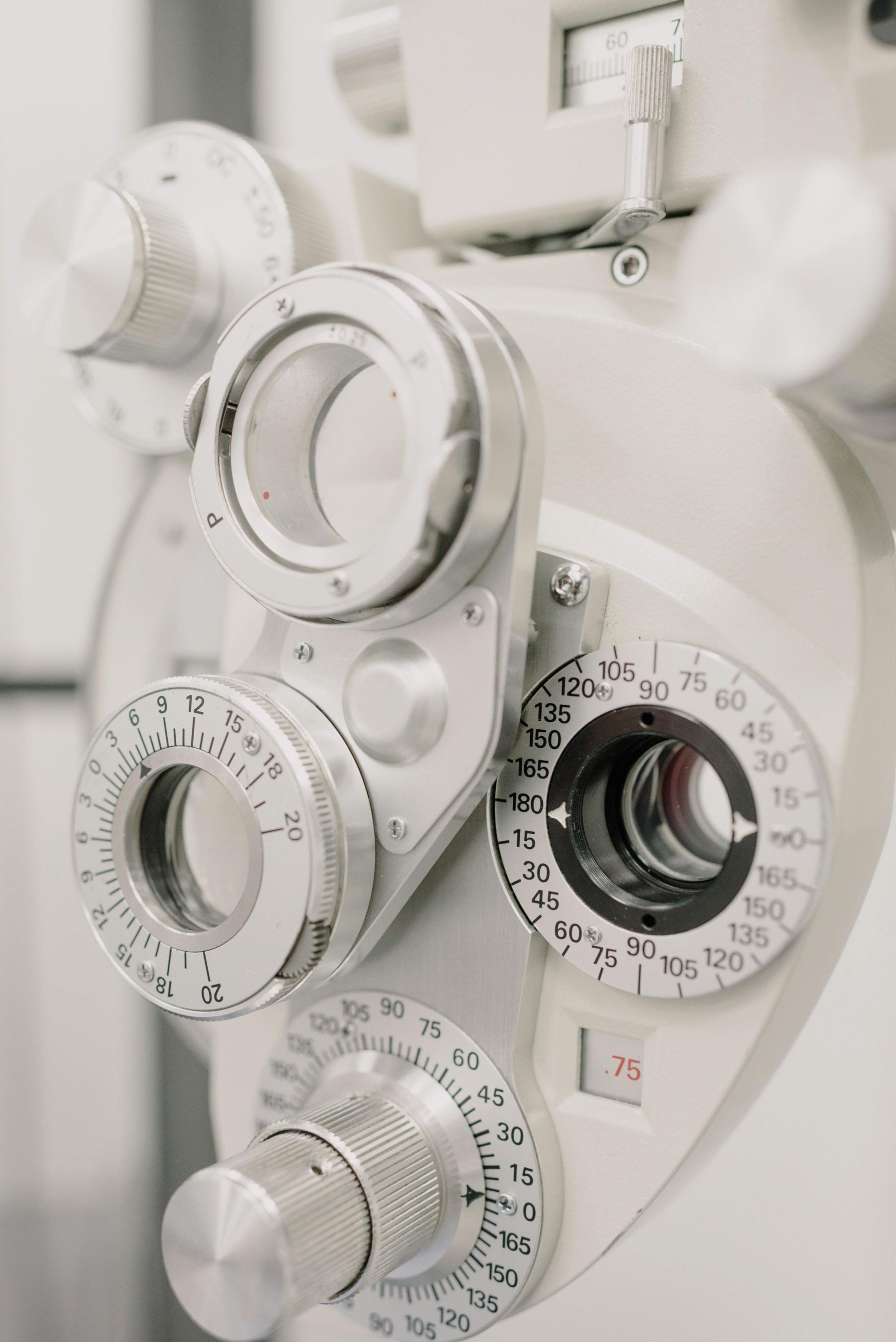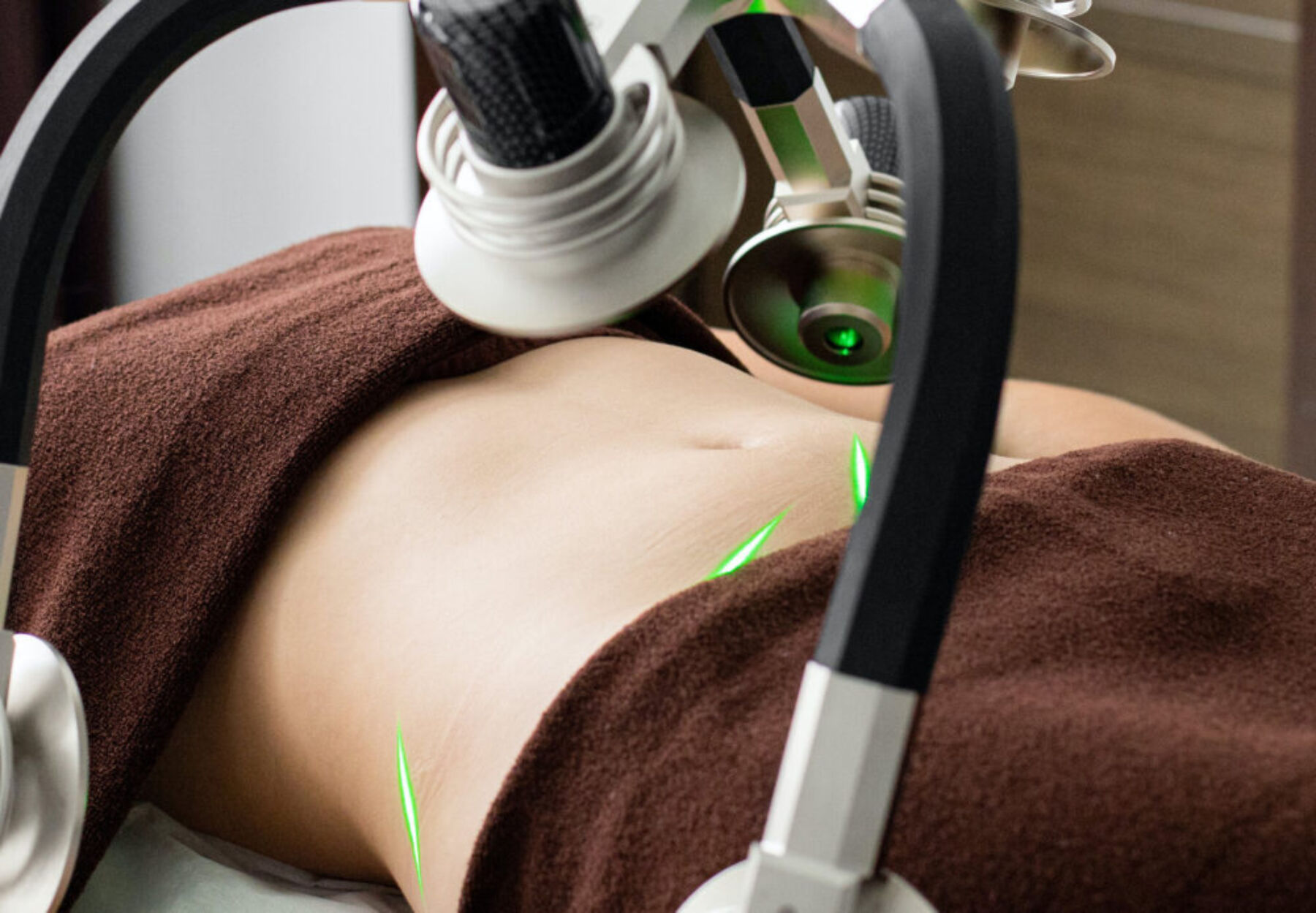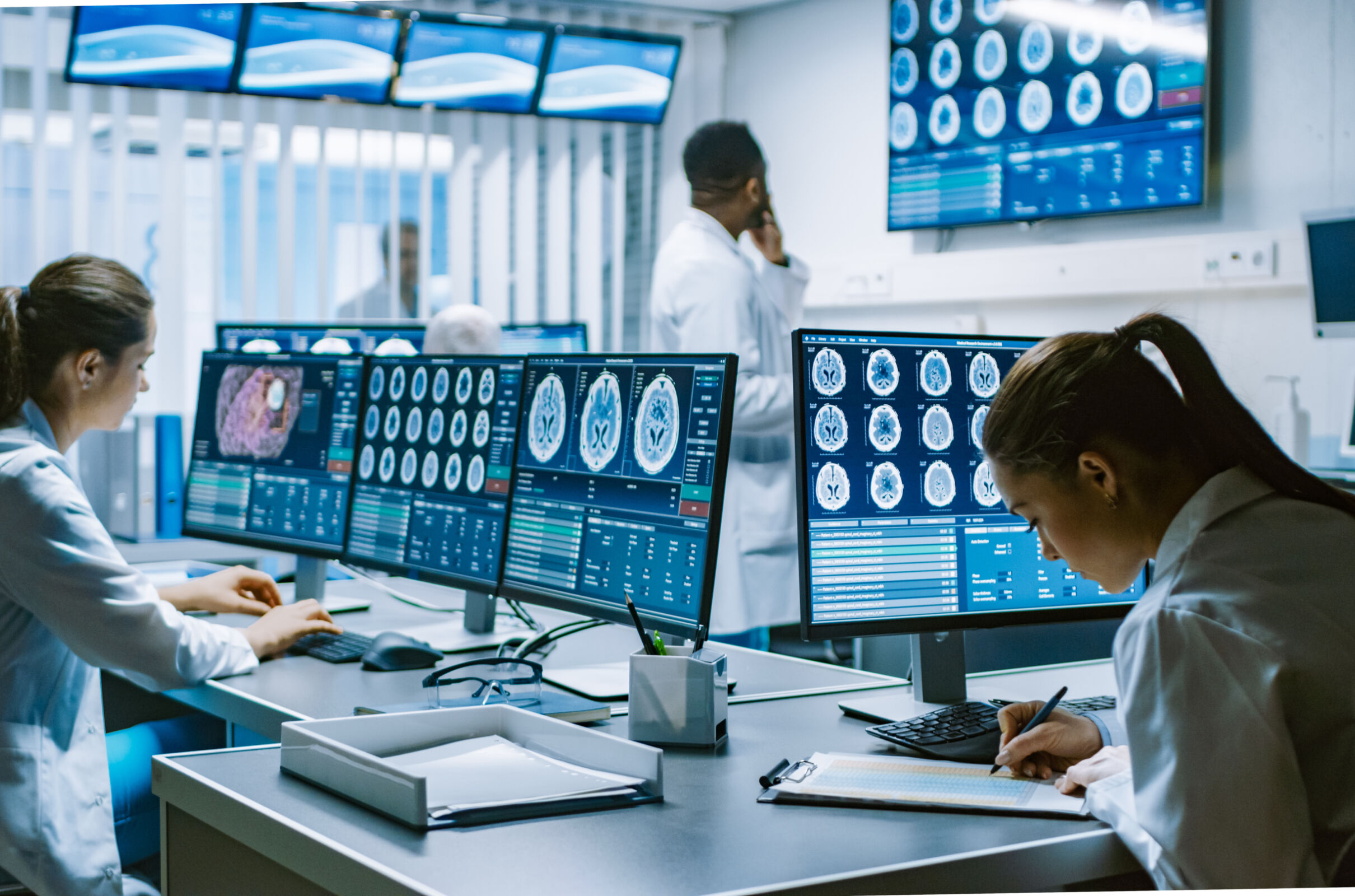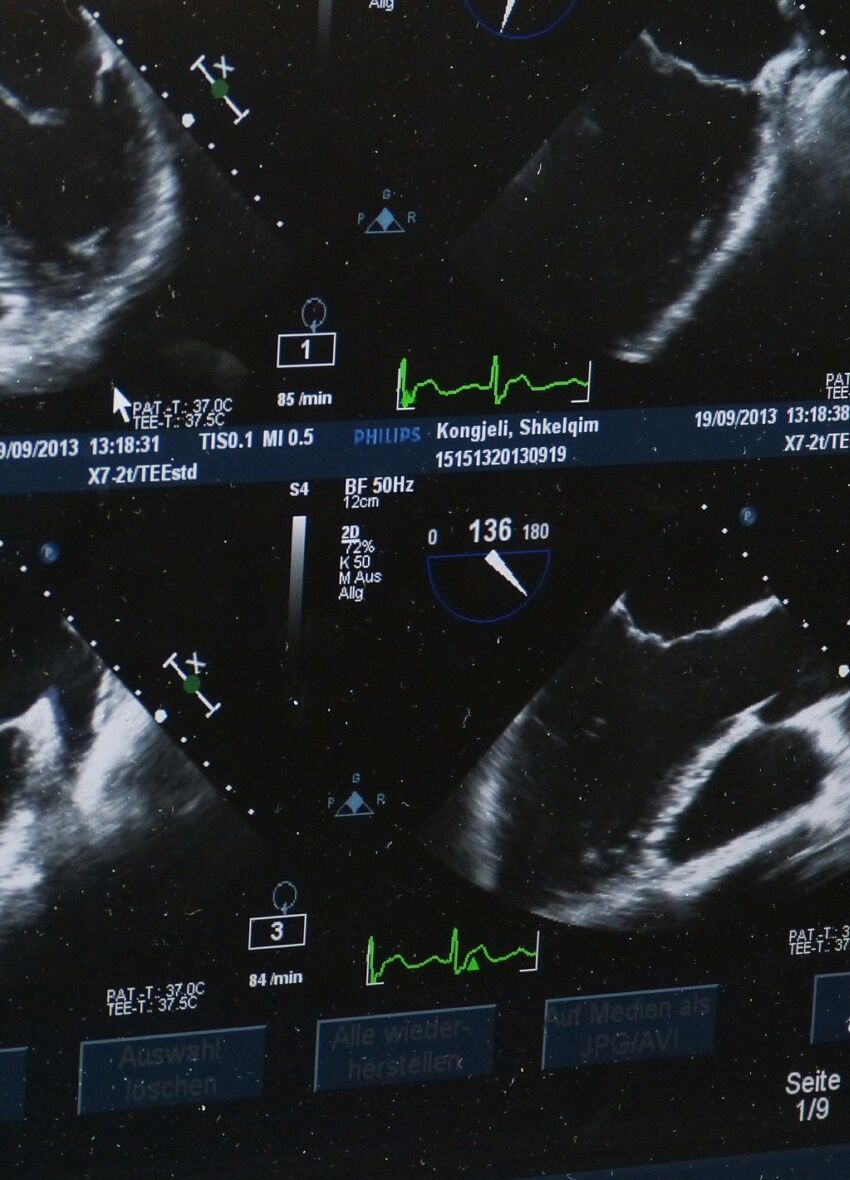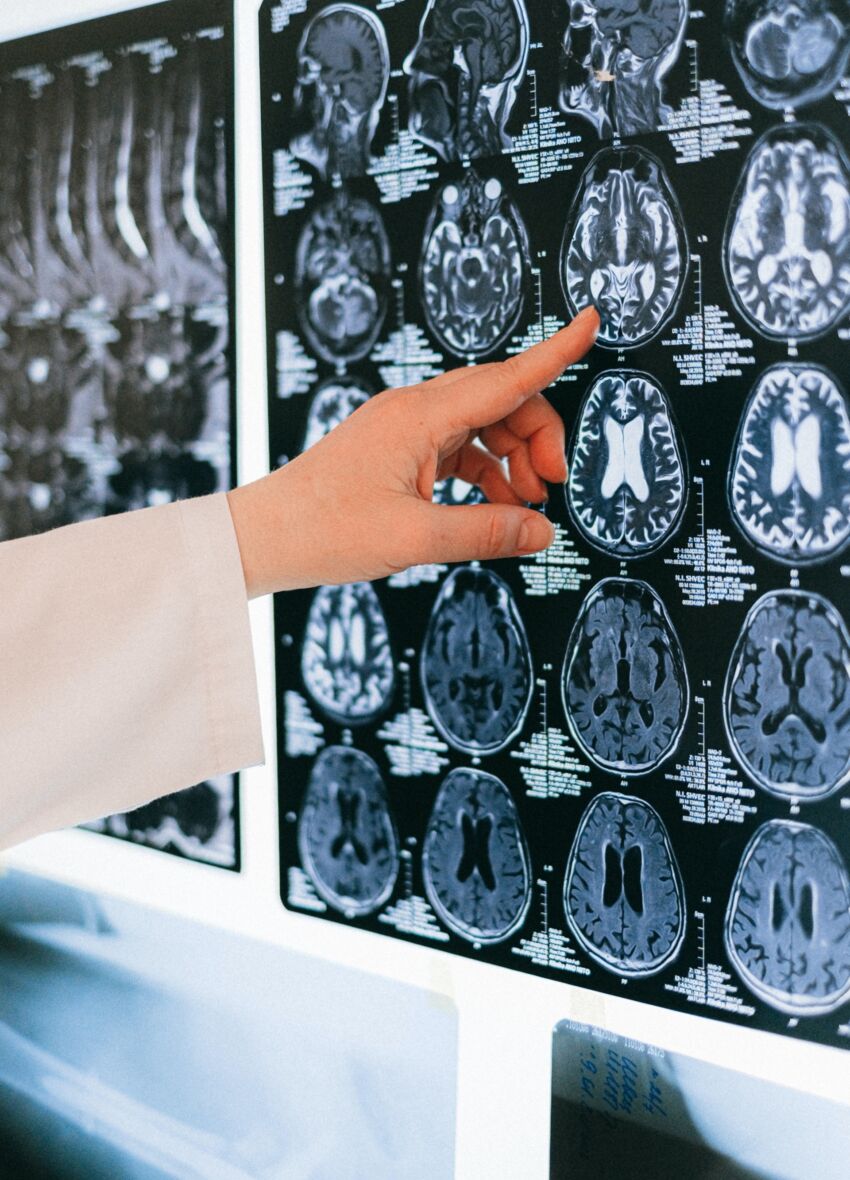The Trusts in Greater Manchester will have medical imaging technology that will change how doctors and other NHS healthcare professionals access and review images from patient scans.
X-rays, CT scans, ultrasound, MRI scans and other diagnostic images will flow to appropriate healthcare professionals across Greater Manchester, to allow access to appropriate radiologists and specialists.
The region-wide platform, known as a Picture Archiving and Communication System (PACS), will be implemented in the cloud by Greater Manchester’s medical imaging partner Sectra alongside the vendor neutral archive (VNA) system.
Once live across the Trusts, the aim is for specialist NHS radiologists and diagnostic professionals to more easily access and report on patient images captured at any hospital in the region. Clinicians at the point of care will also be able to access images through their own organisation’s electronic patient record systems, and through a regional integrated digital care record.
The clinically led programme is expected to support every person living in Greater Manchester requiring imaging and will cover the 3.2 million people in the geographical reach of the Greater Manchester Cancer programme.
